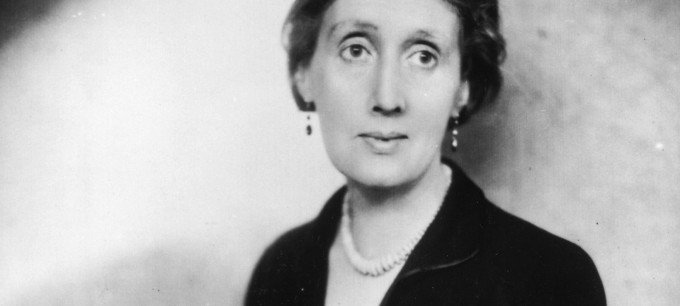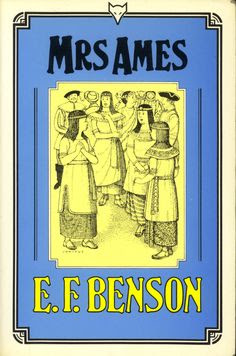Tuesday was the first warm summer day of the year. Yesterday was better - or worse: it depends how you like your temperature. Around 2 pm, it was flirting with 35° C. There is no air conditioning at home but good isolation and a subtle play with the opening and shutting of shutters and windows, according to moments of the day and the course of the sun.
This causes problems to The Girls: they do not know how to play the game and will stay in outstanding heat without closing their shutters and windows, without thinking of the water spray and the water bottle I gave them each, and being long in understanding that they must quit their winter clothes for summer ones. On Tuesday Anne-Fleur insisted on going shopping with jeans and a polo shirt, high socks and winter shoes. I could not make her change into something lighter. Yesterday, she stayed barefoot in her winter slippers, still with the jeans and the polo shirt. Today, I have convinced her at long last that she could put on a bermuda, a T-shirt, and be barefoot in summer canvas shoes. But she clings to her winter nightshirt and bedclothes. I guess she will allow me to change them towards the end of the week. Meanwhile, I have to be cautious and regularly oversee that she is well hydrated.
Add this intolerance to high temperatures and heat to my current worries and you will easily understand that my temper is frayed. I am stressed and strained. I am exhausted. I try to stay quiet and calm, to understand what is not understandable and not logic, to listen to what The Girls have to say, to be as "normal" as possible.
But people with Down Syndrome have an extraordinary sensitivity. And antennae.
Therefore it did not take long for Anne-Fleur to feel that something was wrong and that I was not "normal".
***
The immediate reaction is fear. The deaths she has lived through have not frightened her and I have wondered why for a long time, until, after long circumvention, I understood that she had thought(?) / felt(?) that she would not be left alone but will always stay with her family. Nowadays, she knows (and I am sure it is a knowledge) that I am her only family. After me stands the unknown: a paid family that would take care of her? An institution? In any case, a place where she would not know anyone, where she would not have her furniture, her books, her CDs, her radio set, her routine, her life.
Is this so different from what I feel? In honest truth, no. I would not like to be transferred to the house of totally unknown people or to an institution where I would live at the same pace as a whole community. Proof is that I bear with lots of difficulties the fact that I have lost my life-from-before and dislike The Village life all year round. I dislike not having my furniture, my crockery, books, CDs and DVDs left in Paris. I am uncomfortable living at the pace of The Girls and not my own.
How would it be with you?
When she is afraid, Anne-Fleur is still rather rational. But when she gets frightened or scared, she loses her wits. These days, she is out-of-wits.
She does not know where are her room, the bathroom, the loo, the kitchen. I find her lost in the middle of the corridor wondering where she is going and where which room is. She does not know anymore how to set the table. She will give me no cutlery and no glass but keep the whole on her table mat. She does not talk. When she does, she stutters, loses her thread, begins a sentence, stops short after three words and cannot remember what she wanted to say. She has almost forgotten what she learnt in Paris. She does not know the day, the date. From one second to another she does not remember what she was looking for. She stands with a glassy stare in front of the TV set, gets lost, starts to nod. I watch, frightened that she would slide down on the floor. Sometimes, she forgets how to eat bread, meat and vegetable together and starts eating her bread alone.
She regresses.
Two, three, four times a day, she starts to cry and comes to me, puts her arms around my neck and sobs: "I don't want to leave you".
***
Anne-Fleur is between 1m35 and 1m40. She is thickset, some would say (and have said tactlessly to her face) big. She has brown short hair (short when I have implored the finance administrator to give me some more money to take her to the hairdresser's), hazelnut slanted eyes that can be "bright, light and sparkling" like those of Elizabeth Bennet, a high forehead with a light fringe - and she puts her forehead against mine saying "we are like deer" -, a nose that turns up at the end, and thin pink lips. Her hands are like little starfishes, warm in mine, cut in two by a line in the palms. She loves to sing and sings flat, is almost tone deaf. She smiles a lot. She laughs. A few things, she learns quickly, like art history or geography; others, she will never understand, like money. She loves some people and dislikes others. She likes long, big hugs. She is stubborn. She is irritating. She is lovable. She is a child. She is an adult. She is complex.
She is a human being. Like you and me.
Is it right to put a human being in a slot and, according to this slot, when labelled "mentally handicapped / Down Syndrome", to move him or her around without asking his or her opinion?
Because this is what will happen if I am labelled "mentally handicapped" myself. Beyond what will happen to me, there will be what will happen to The Little Family, to Anne-Fleur. And this is about these facts that she is scared, and regresses, and cries.
Wouldn't it be more just and right to give me, her carer, a status as such, than to put me in the already existing "mentally handicapped" box - which would be a fraud -?
Why not, then?
Because it might cost more money?
What is the price of Anne-Fleur's happiness?
What is the price of a human being?
















